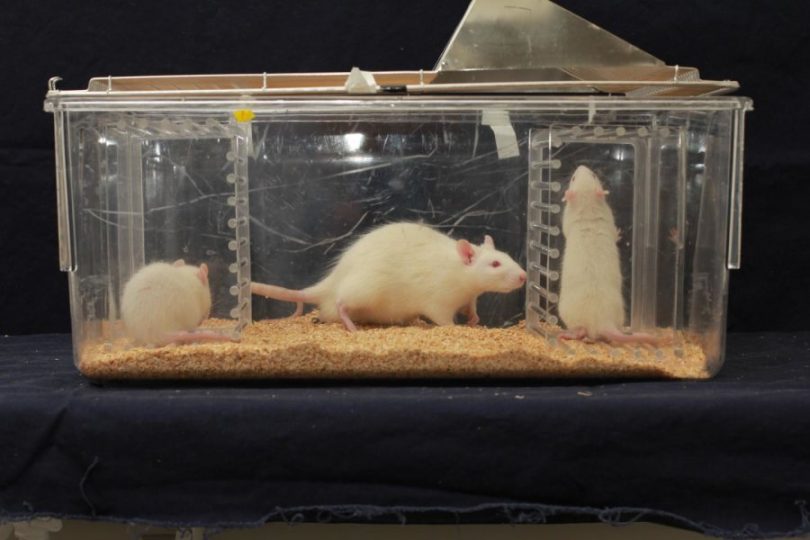Searching for clues to complex social behaviors, experiments found that laboratory rats – much like humans – will approach distressed juveniles but avoid distressed adults — responses known as social affective behaviors, researchers report. Additionally, the brain's insular cortex region is required for proper reactions to others in distress. Further, changes in insular cortex excitability, caused by the hormone oxytocin, likely account for the social affective behaviors.Original Article
You may also like
FDA Approves SpringWorks Therapeutics Treatment for...
ADVANCEMENTS IN GLP-1 ANALOG FORMULATION DEVELOPMENT:...
Axplora Announces €50 Million Investment in GLP-1...
Drug Digest: Advances in Small-Molecule Manufacturing
Navigating Drug Development: The Critical Role of...
MMS Acquires Exploristics and Its Flagship Modeling...
About the author
David Miller
a pharmacist, a tech enthusiastic, who explored the Internet to gather all latest information pharma, biotech, healthcare and other related industries.


